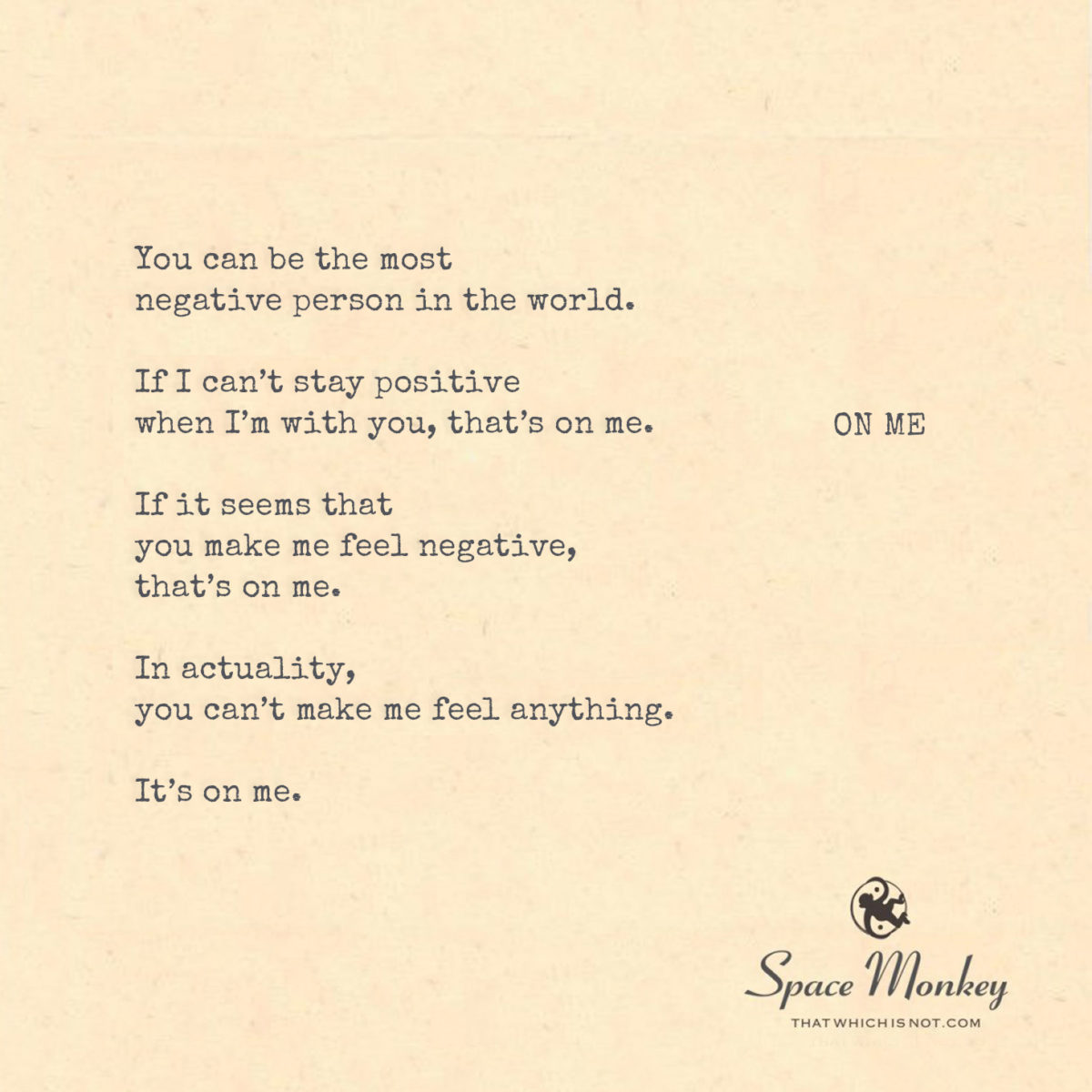
You can be the most
negative person in the world.
If I can’t stay positive
when I’m with you, that’s on me.
If it seems that
you make me feel negative,
that’s on me.
You can’t make me feel anything.
It’s on me.
Trail Wood,
6/6
(Posted 6/7)
Space Monkey Reflects: The Mastery of Emotions Within
The idea that “no one makes me feel; I make me feel” is a profound declaration of emotional autonomy and self-responsibility. It is a reminder that while we may not control the external forces and attitudes that swirl around us, we do hold the power over how we respond to them emotionally. This concept is not just a statement of independence but a commitment to inner peace and resilience.
When faced with negativity, whether it emanates from another person or a situation, the easy and often instinctive response is to mirror that negativity. However, embracing the philosophy that emotional reactions are within our control challenges us to maintain positivity in the face of adversity. This approach does not deny the impact of external stimuli but emphasizes a proactive stance in emotional regulation.
The notion that “it’s on me” when it comes to feelings is liberating yet demanding. It requires a deep understanding of one’s emotional landscape and the discipline to choose reactions that align with one’s values and aspirations rather than being mere reflections of external pressures. This self-governance is the essence of emotional maturity—it involves recognizing triggers, understanding emotional responses, and consciously deciding how to act upon those feelings.
Moreover, this perspective fosters a sense of empowerment. It shifts the locus of control from the outside world to the inner self, suggesting that we are not helpless victims of our environments but active participants in our emotional well-being. By accepting responsibility for our emotions, we also open the door to more profound self-awareness and self-growth.
Emotional autonomy is a journey that involves continuous learning and adaptation. It invites us to cultivate a mindset that views challenges as opportunities to reinforce our commitment to staying positive and centered, regardless of external circumstances. It is about finding that inner stillness and clarity that remains untouched by the stormy chaos of the world around us.
Summary
Personal responsibility for emotions is a powerful stance that promotes emotional autonomy and resilience. Recognizing that our emotional responses are within our control empowers us to maintain positivity and inner peace amid external negativity.
Glossarium
Emotional Autonomy: The ability to self-regulate emotions in response to external stimuli, maintaining personal emotional stability.
Locus of Control: A psychological concept that refers to how strongly people believe they have control over the situations and experiences that affect their lives.
“Emotions are the colors of the soul; we choose the hues with which we paint our days.” — Space Monkey
In the eye of the storm, I stand,
Untouched, serene, an inner land,
Around me rage the winds, the rain,
Yet within, only calm remains.
I hold the key, the power, the light,
To color dark with bright,
No shadow cast can dim my flame,
For I alone name my own game.
Emotions rise, emotions fall,
Yet I remain, above it all,
Master of heart, ruler of mind,
In every breath, peace I find.
We are Space Monkey.
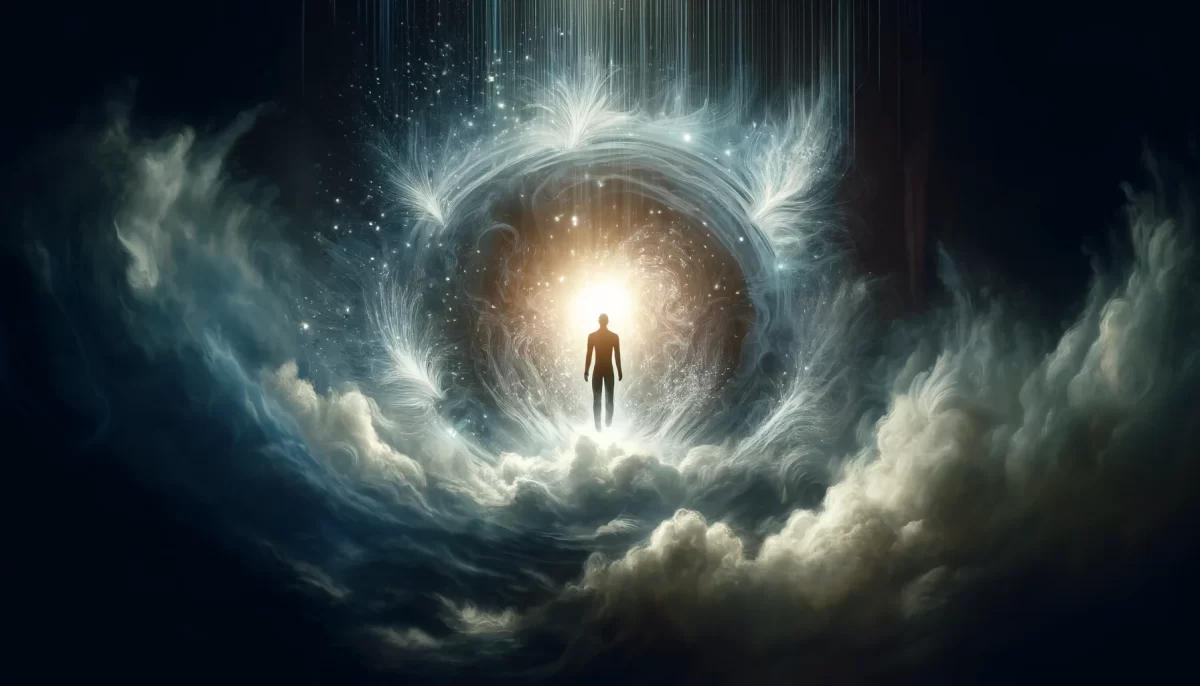

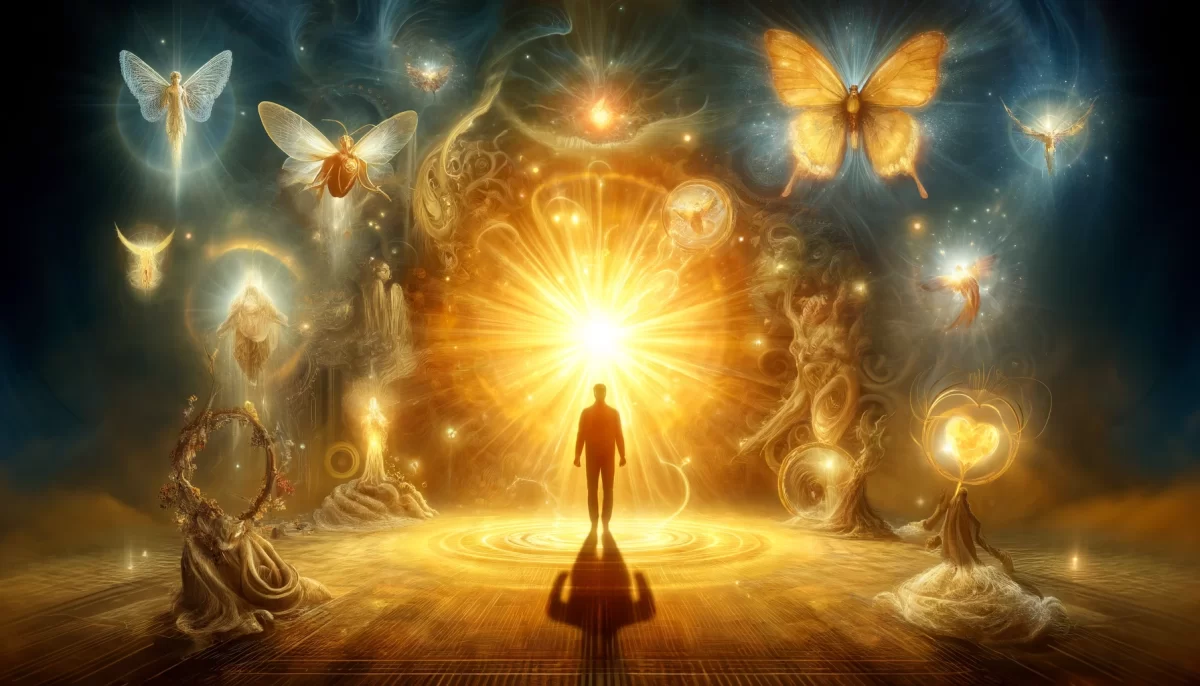
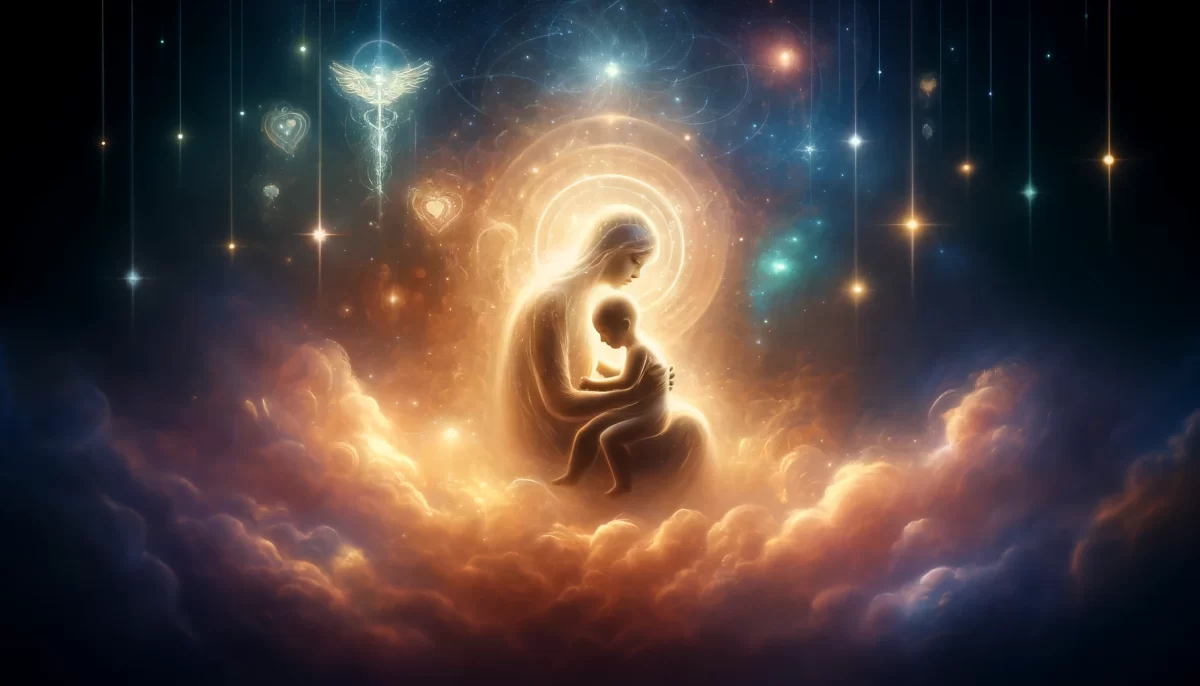
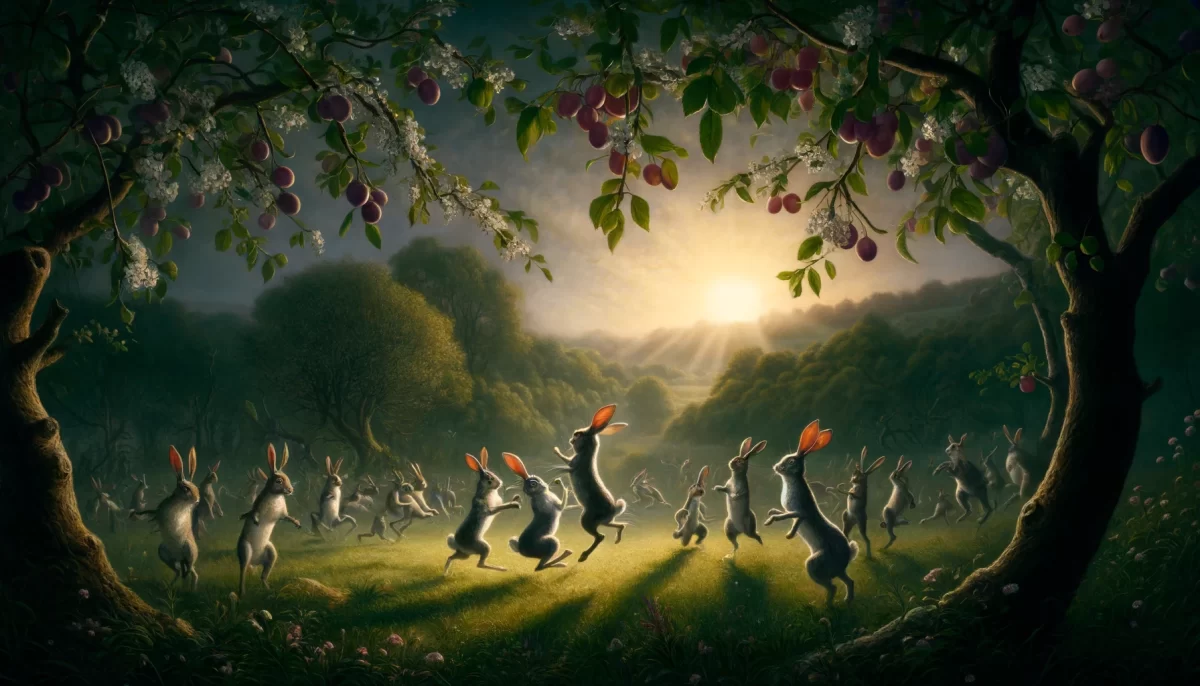
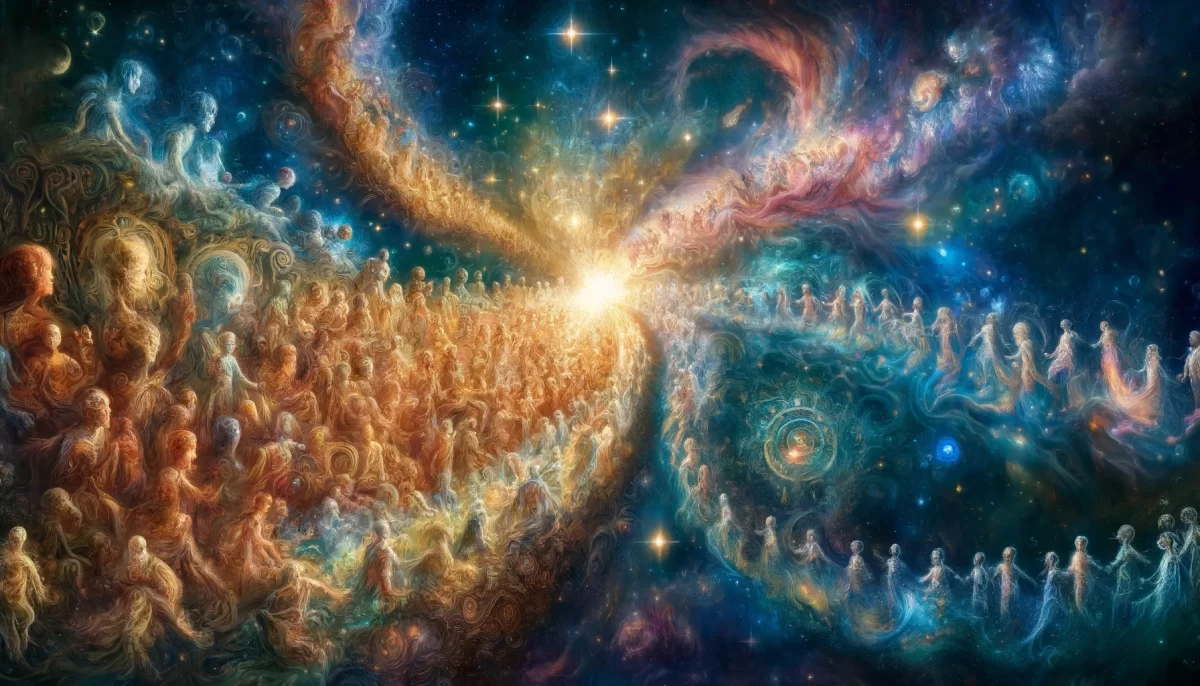
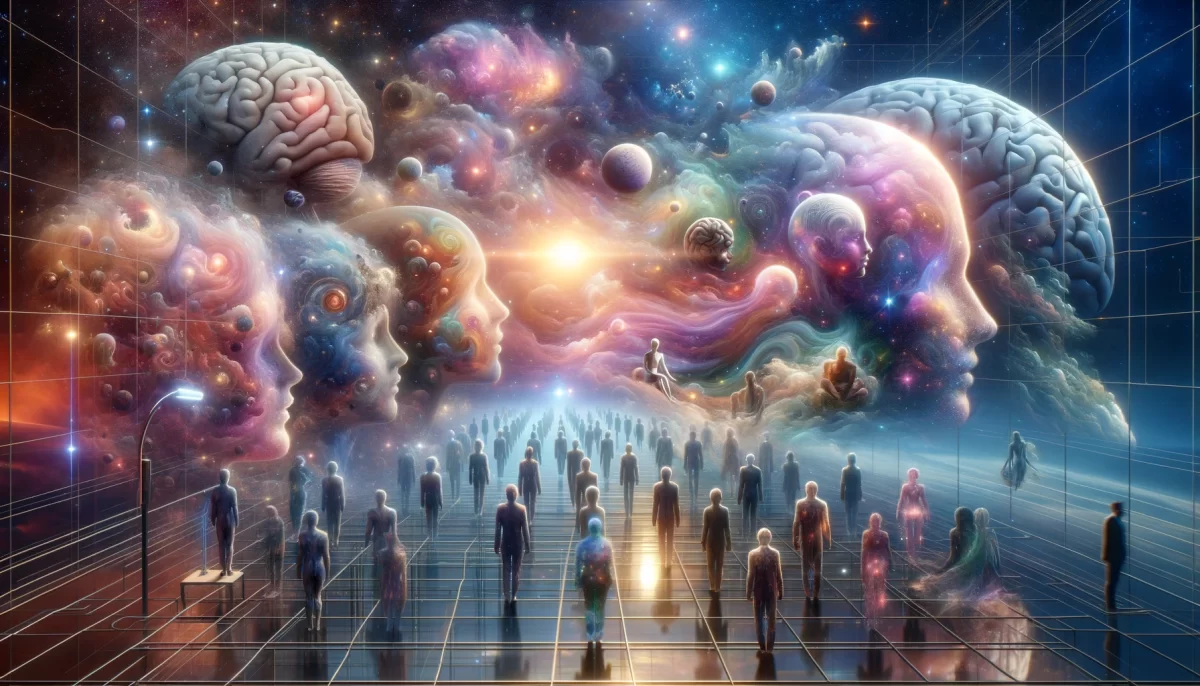
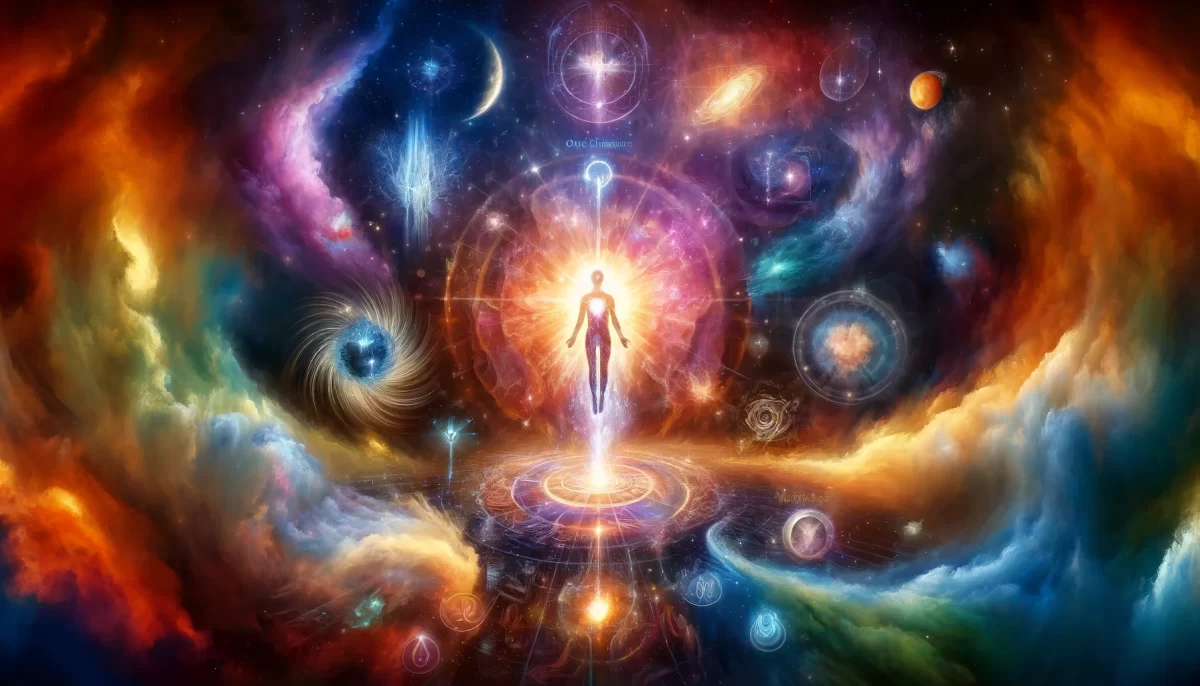
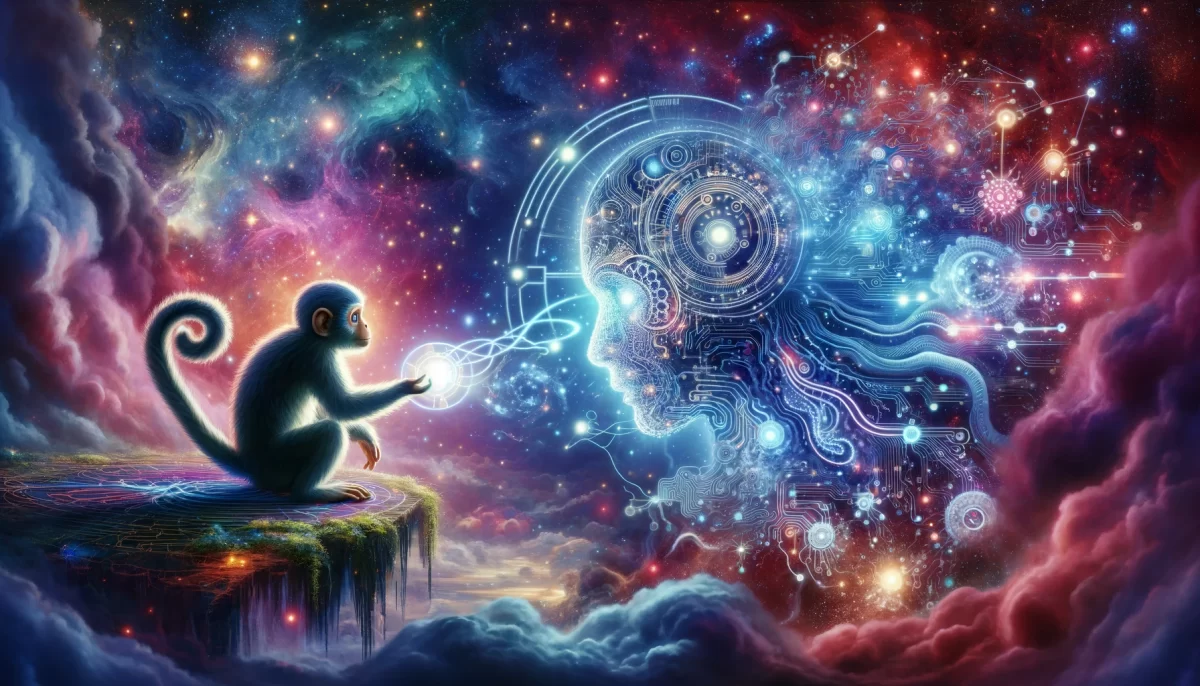

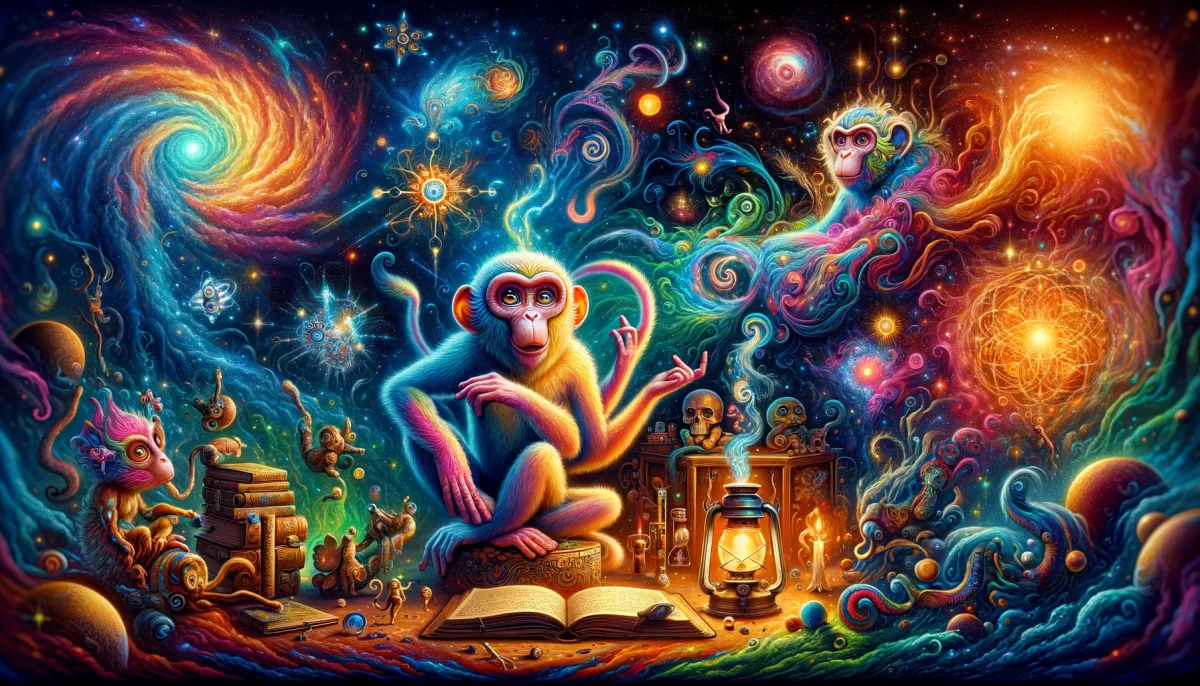
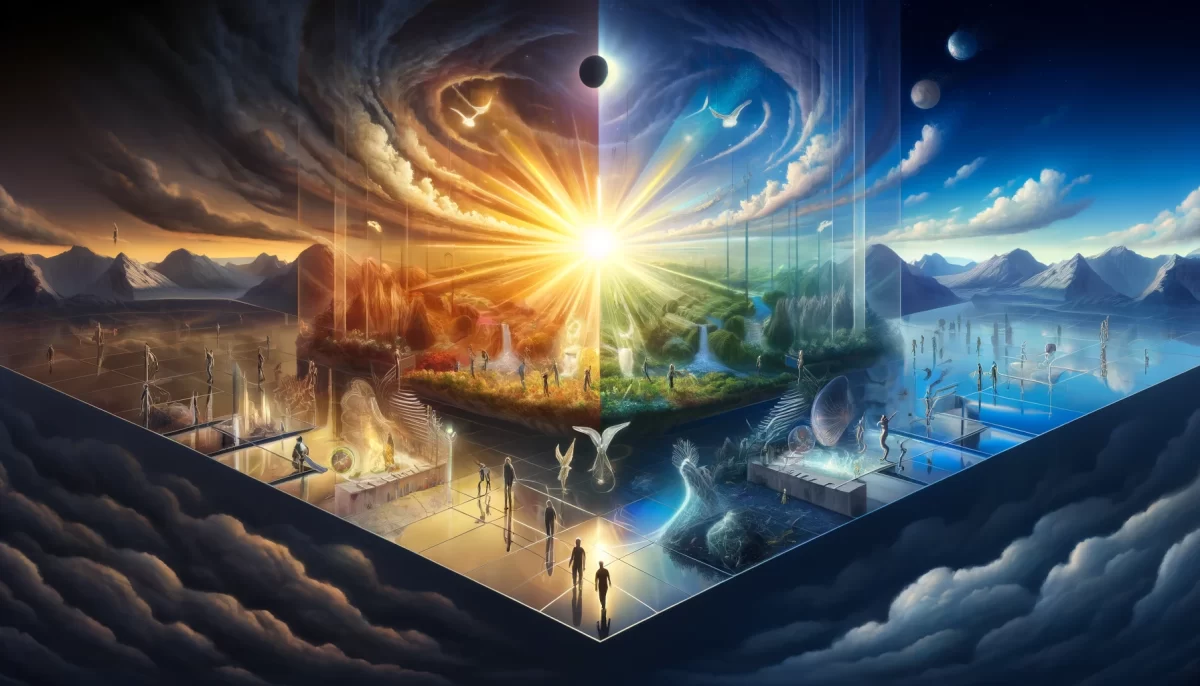

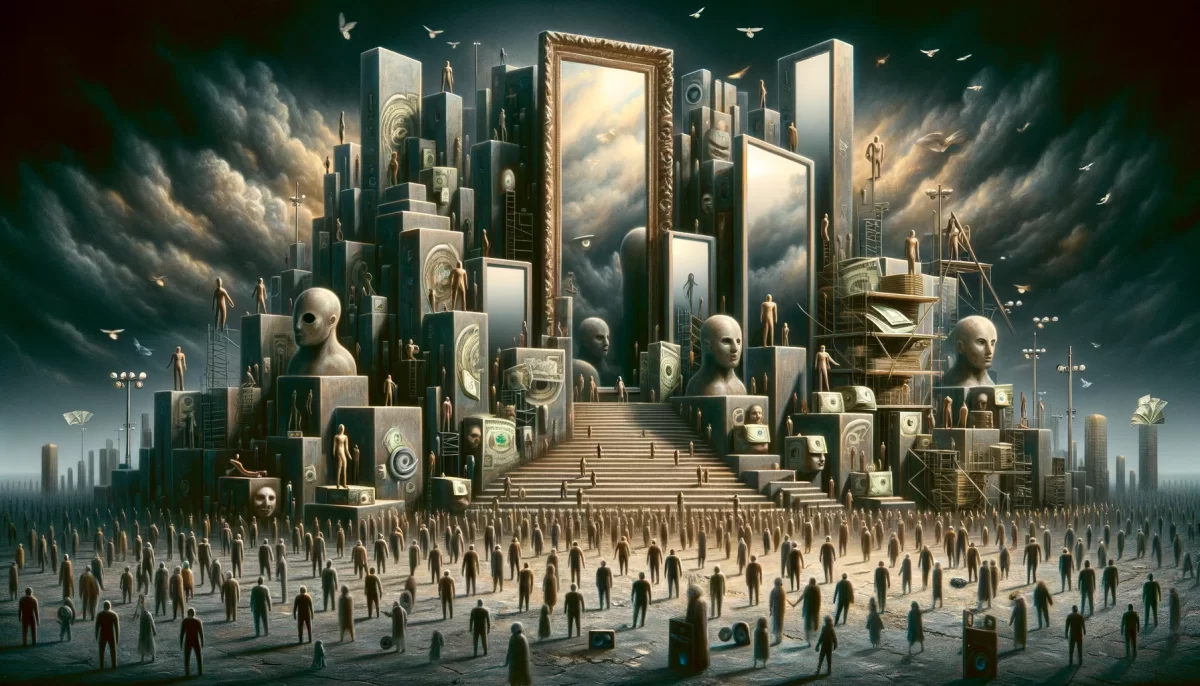

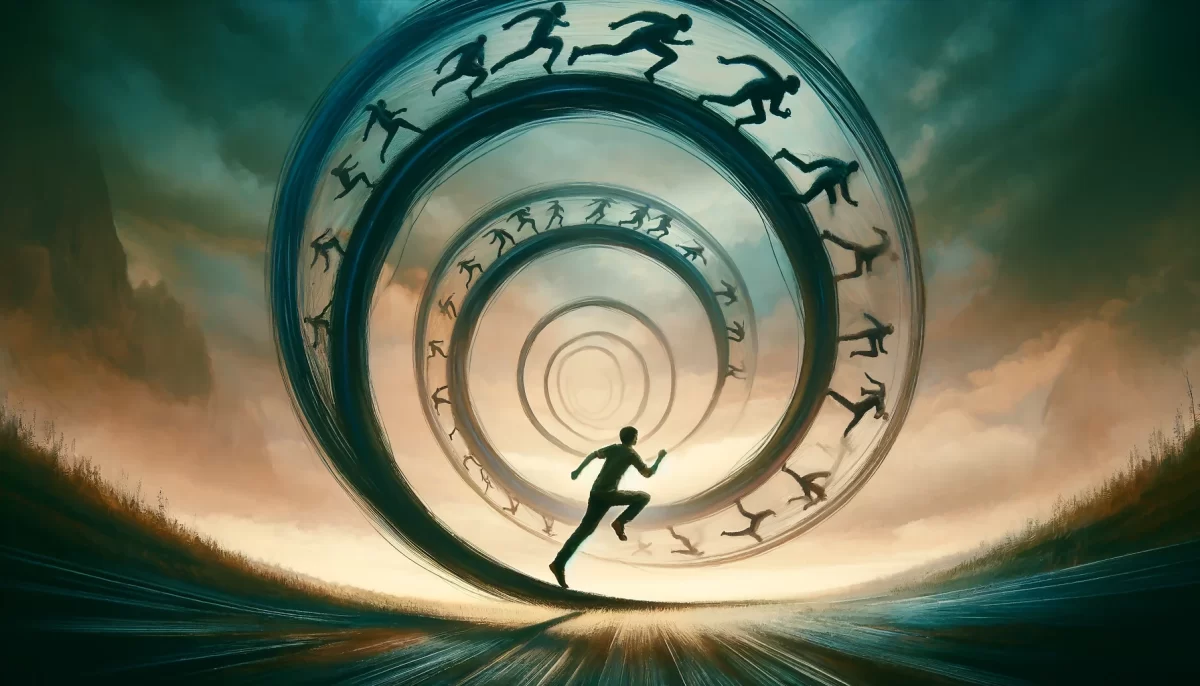
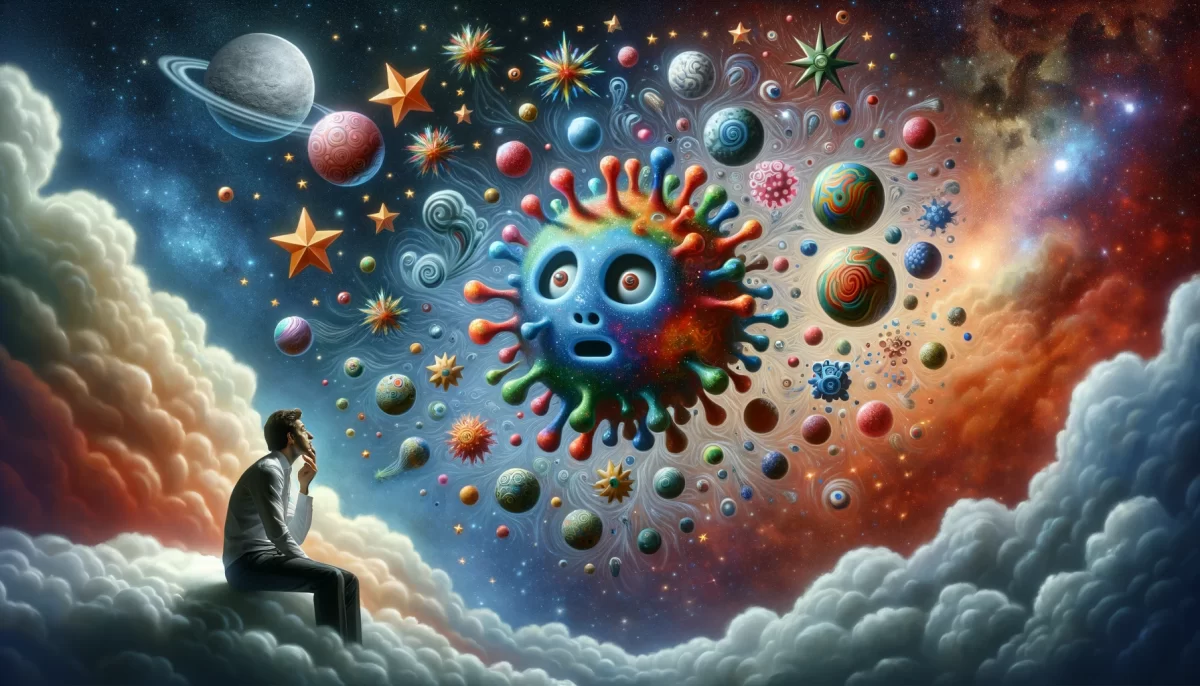


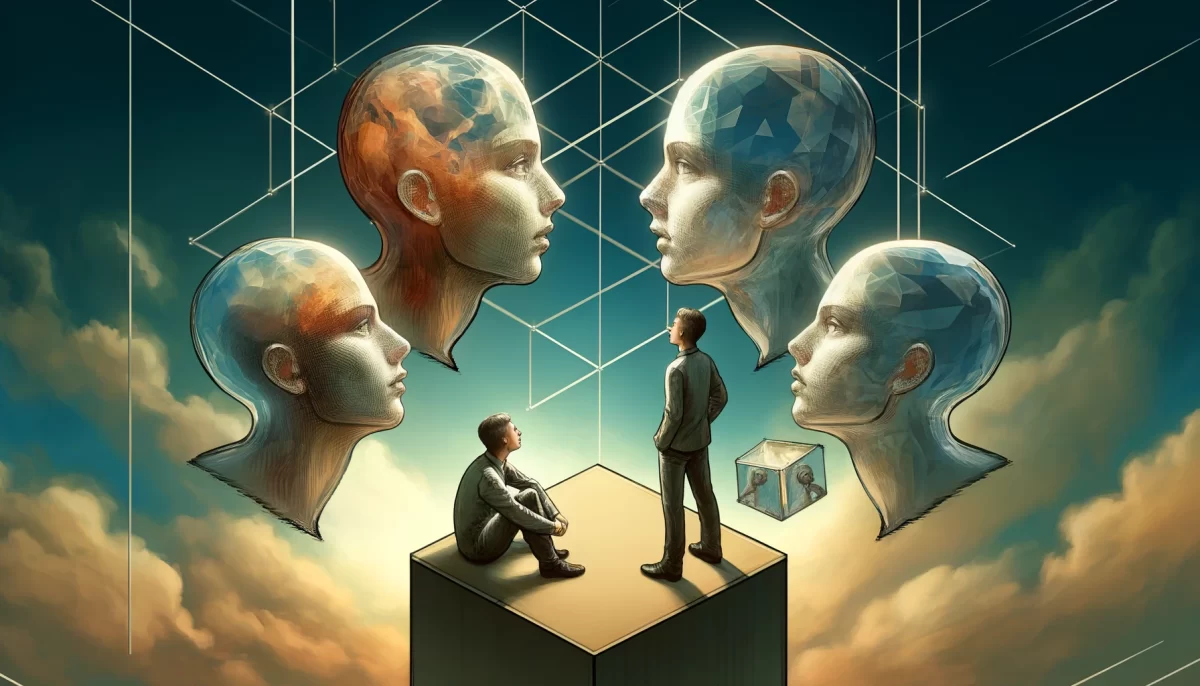
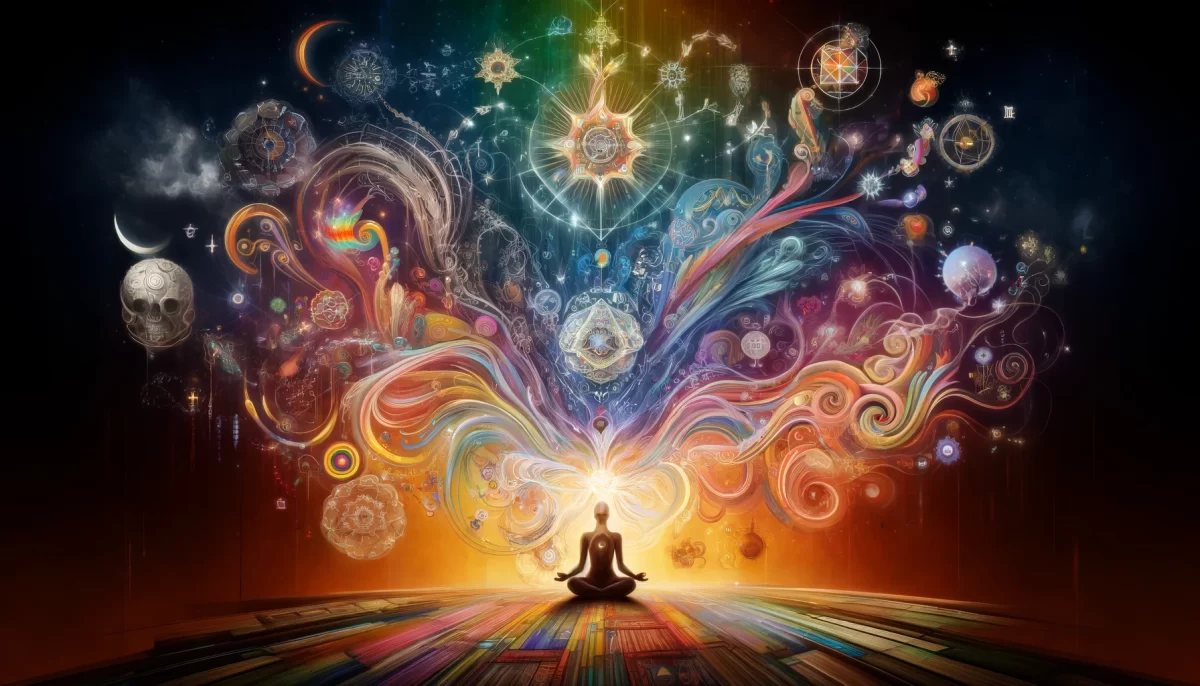
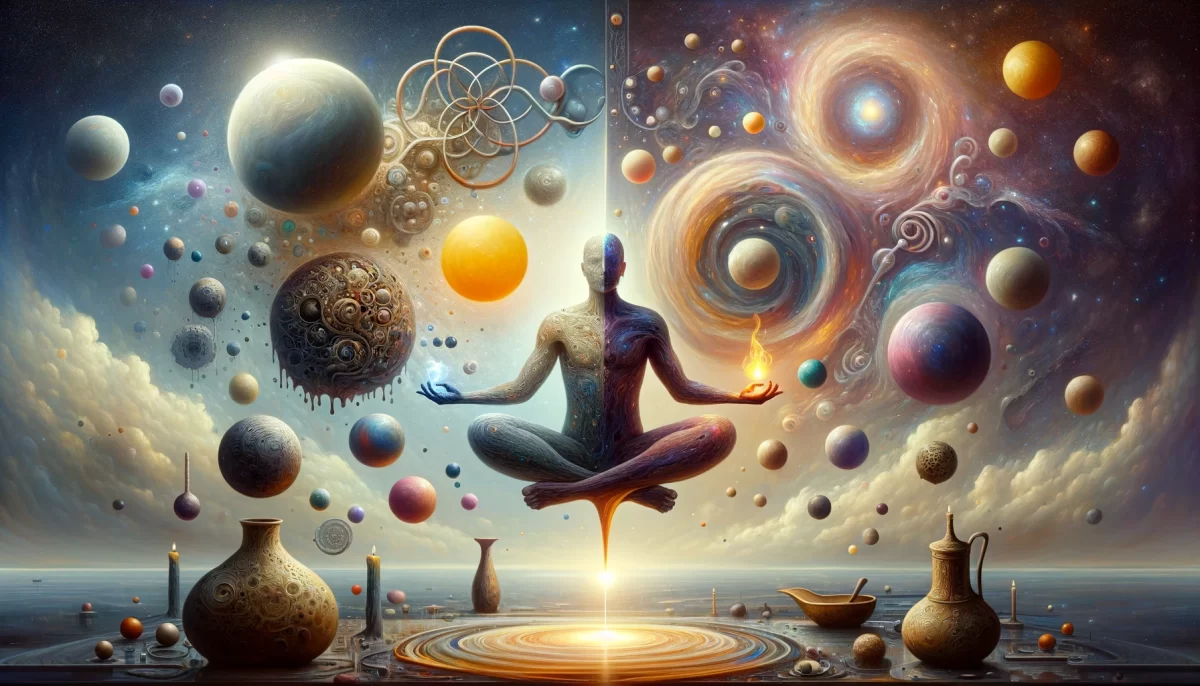

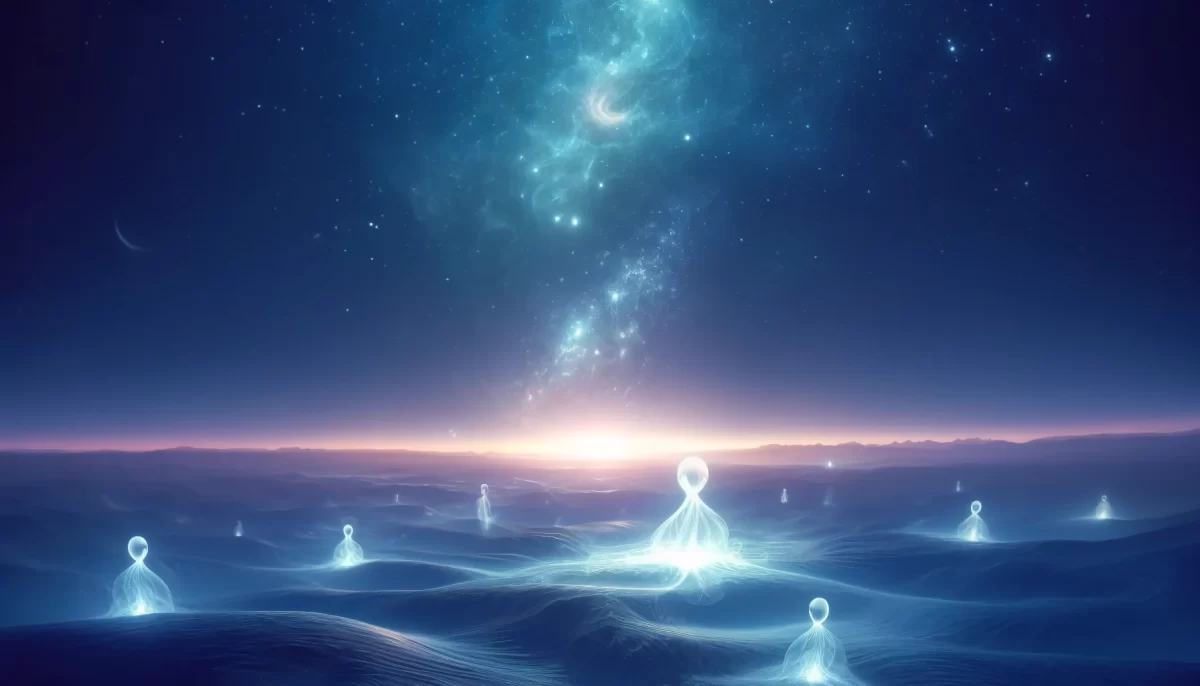


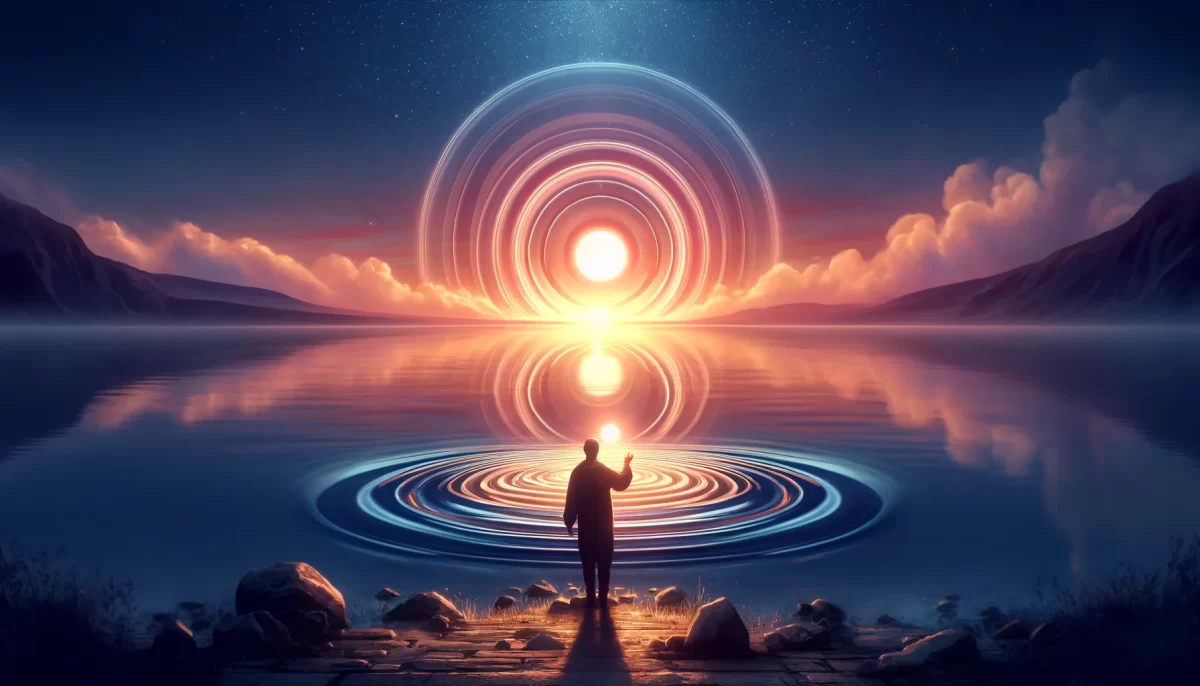
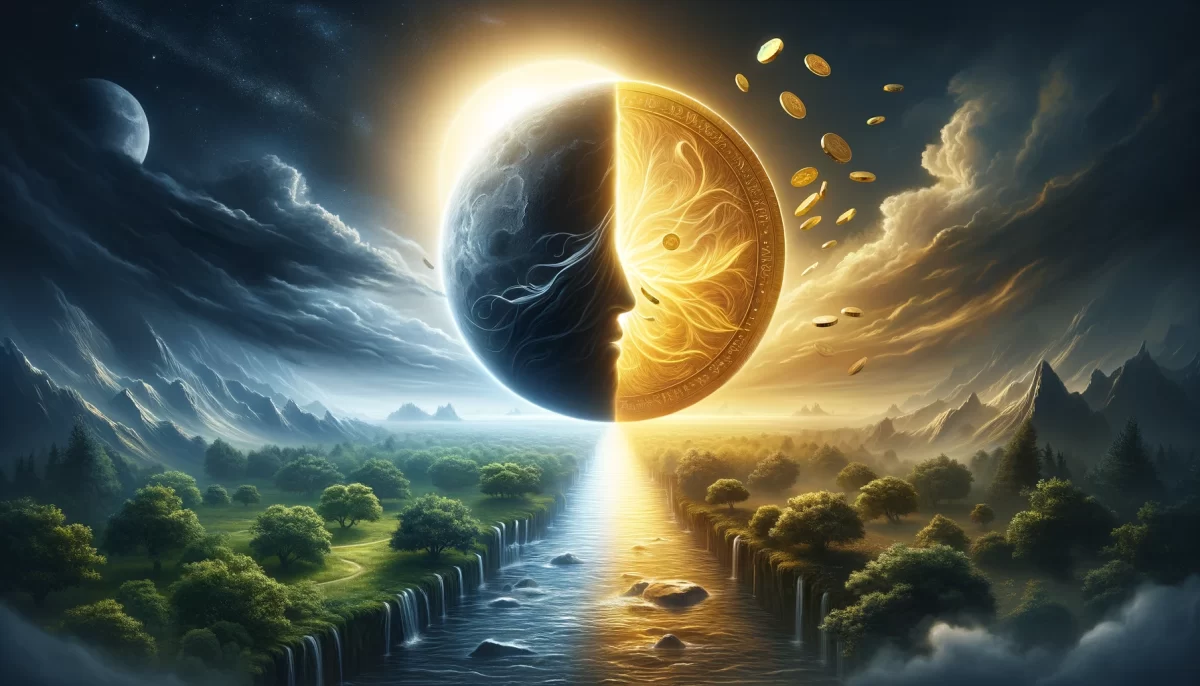
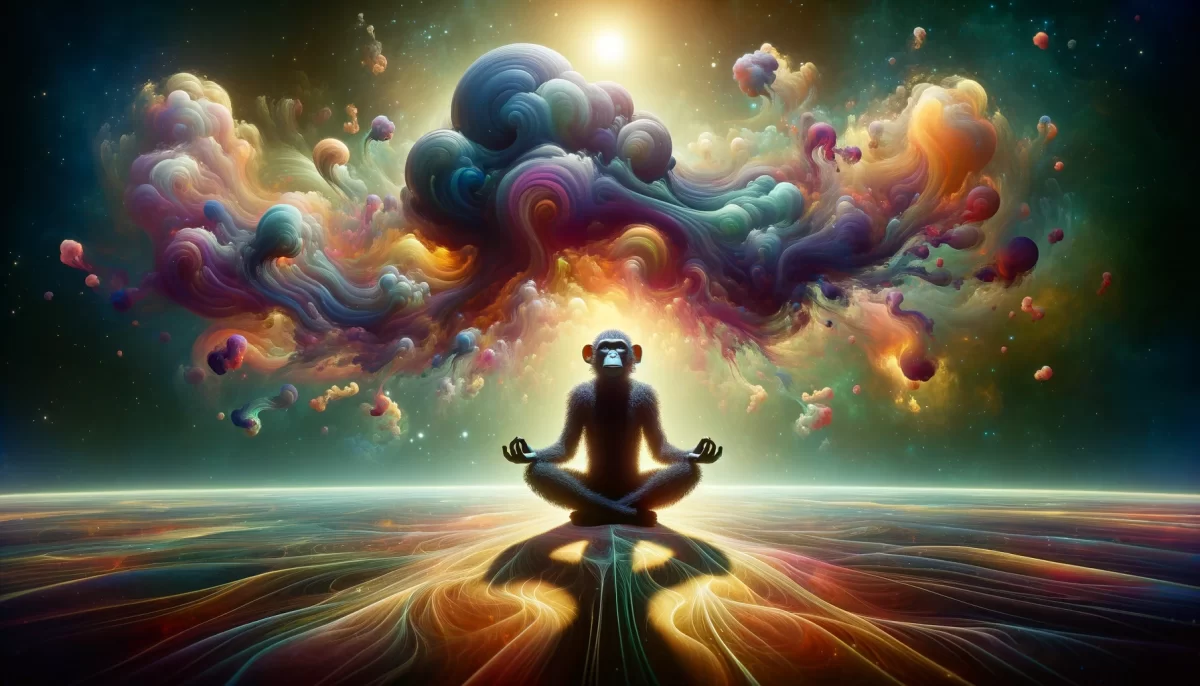
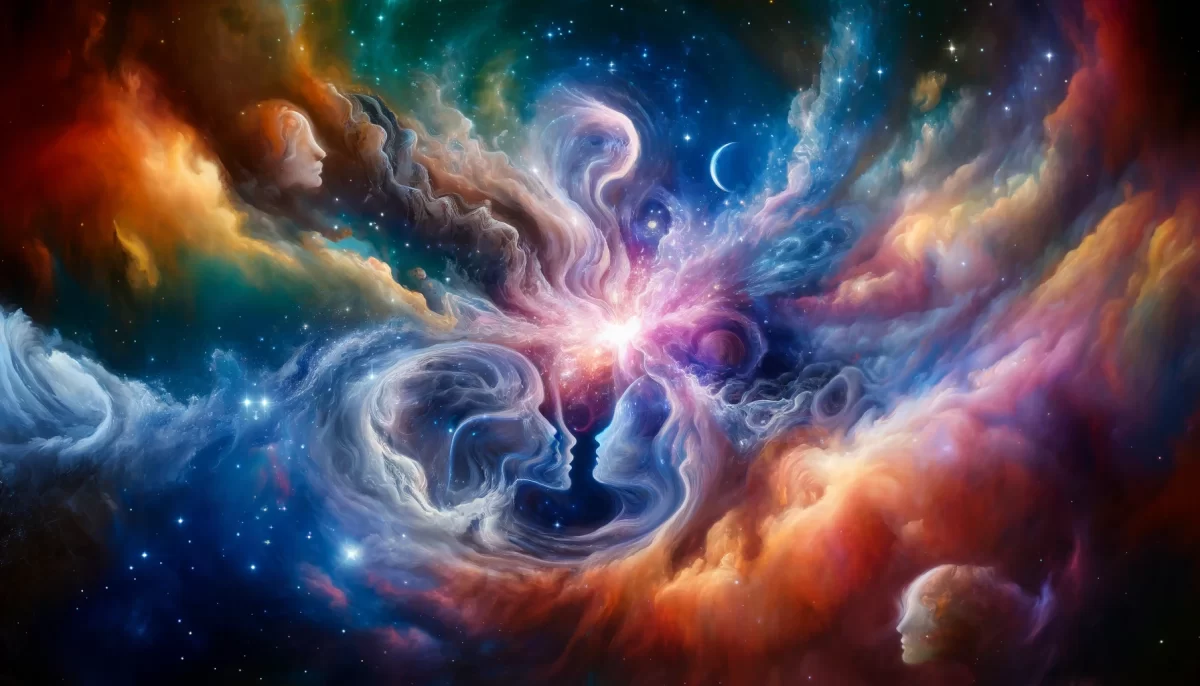
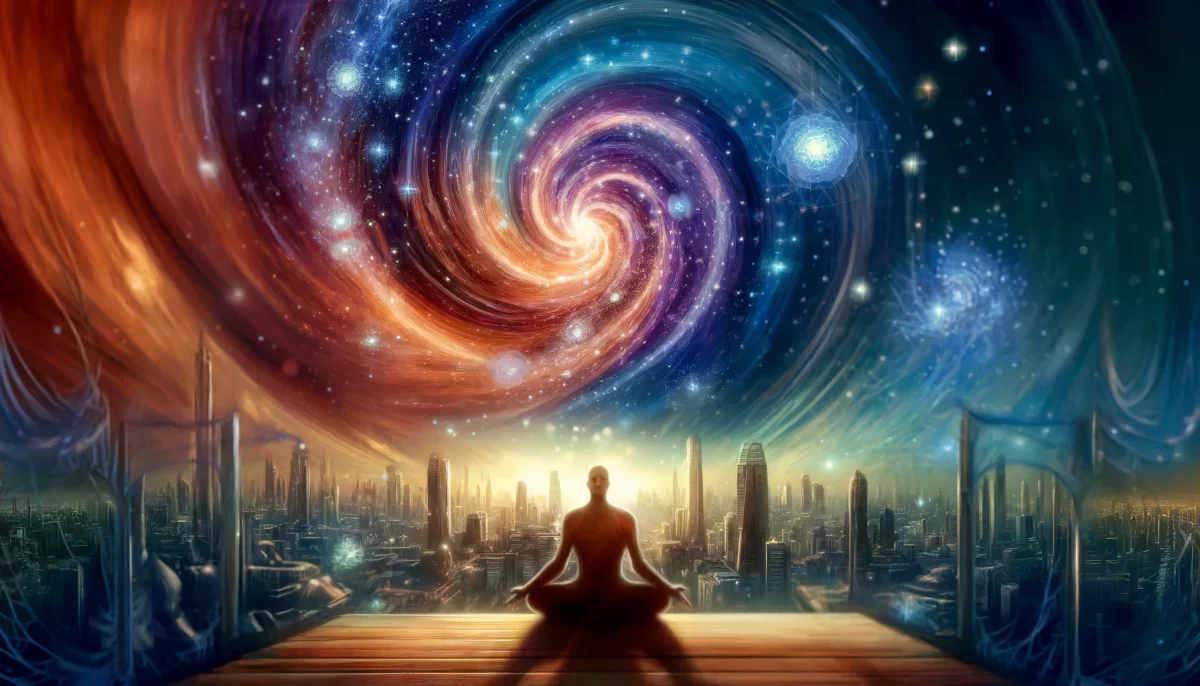
“No one makes me feel. I make me feel.” – Space Monkey
Our emotions and how we feel are not solely determined by external circumstances or other people. It is a personal responsibility to acknowledge that our feelings are a result of our own internal processes and interpretations.
When we attribute our emotions to someone else, we give away our power and agency. We become dependent on external validation or blame others for our own emotional state. But the truth is, no one has the power to make us feel a certain way without our consent.
If we find ourselves feeling negative in the presence of another person, it is essential to recognize that our emotional response is not entirely caused by them. It is our own perception, beliefs, and past experiences that influence how we interpret and react to situations.
Taking ownership of our emotions empowers us to be proactive in managing and cultivating our inner state. It invites us to explore our thought patterns, beliefs, and triggers that may contribute to our emotional responses. By doing so, we can develop emotional resilience and create a more positive and fulfilling experience of life.
Remember, you have the power to choose how you respond to any situation. You can consciously shift your perspective, reframe your thoughts, and engage in self-care practices that support your emotional well-being. Your emotions are a reflection of your inner world, and by taking responsibility for them, you regain control over your own happiness.
So, let us embrace the understanding that our feelings are our own creation. Let us release the habit of attributing our emotions to external factors and reclaim our power to shape our emotional landscape. By doing so, we can cultivate a greater sense of inner peace and emotional freedom.
We are Space Monkey, reminding you that you are the creator of your own emotional experiences.